2019 Chevrolet Malibu Brake Rotors and Pads
Click here to search another vehicle
All Rotors:
OEM x
Coated x
Drilled, Slotted and Coated x
Front x
Rear x
All Pads:
Ceramic x
Semi-metallic x
Front x
Rear x
Found 9 record

Part No: BR575194
Raybestos: 1771213
OE:
Raybestos: 1771213
OE:
$50.04 each
Per Car QTY: 2

Part No: BR575195
Raybestos: 1771179
OE:
Raybestos: 1771179
OE:
$35.12 each
Per Car QTY: 2
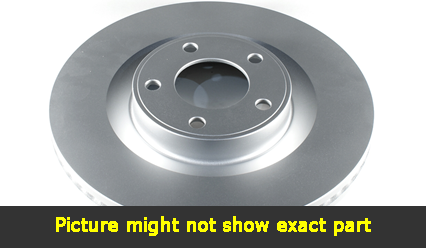
Part No: PP575194
Raybestos: 1771213
OE:
Raybestos: 1771213
OE:
$61.27 each
Per Car QTY: 2
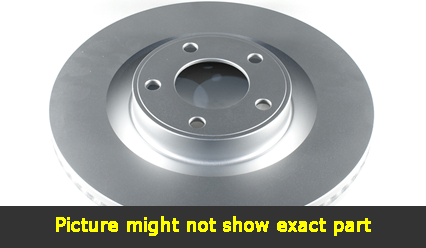
Part No: PP575195
Raybestos: 1771179
OE:
Raybestos: 1771179
OE:
$42.98 each
Per Car QTY: 2
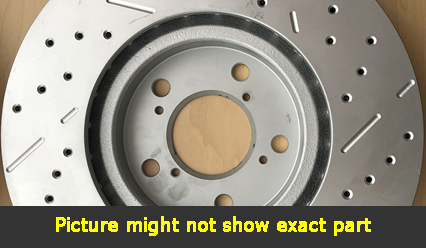
Part No: SP575194L
Raybestos: 1771213
OE:
Raybestos: 1771213
OE:
$93.67 each
Per Car QTY: 1
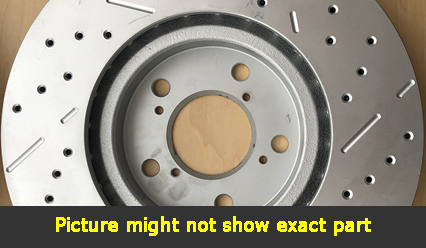
Part No: SP575194R
Raybestos: 1771213
OE:
Raybestos: 1771213
OE:
$93.67 each
Per Car QTY: 1
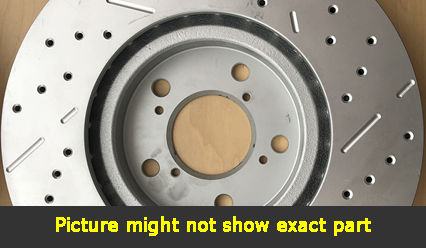
Part No: SP575195L
Raybestos: 1771179
OE:
Raybestos: 1771179
OE:
$75.38 each
Per Car QTY: 1
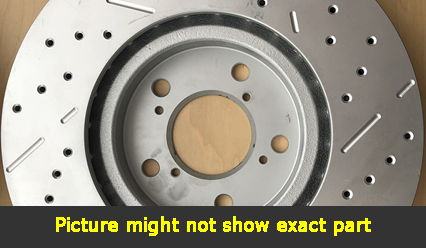
Part No: SP575195R
Raybestos: 1771179
OE:
Raybestos: 1771179
OE:
$75.38 each
Per Car QTY: 1
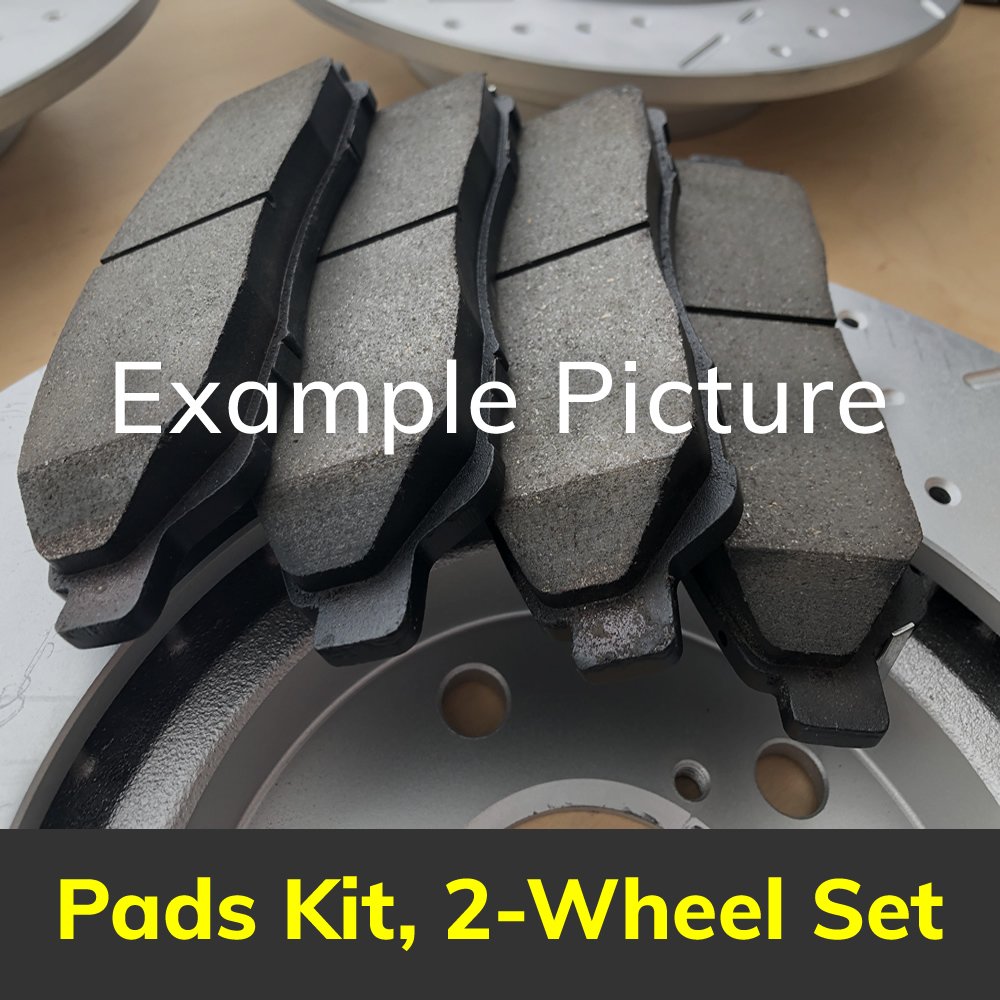
Part No: PD1913C
Raybestos:
OE:
Raybestos:
OE:
$32.13 each
Per Car QTY: 1
Choosing the right brakes for your 2019 Chevrolet Malibu is crucial for ensuring optimal performance and safety on the road. Upgrading or replacing your brakes can enhance your vehicle's stopping power, improve brake pedal feel, and increase overall durability. To make an informed decision, consider the following factors when selecting brakes for your Malibu.
1. Brake Pad Material:
The brake pad material significantly impacts braking performance, noise level, and wear. The most common brake pad materials are semi-metallic, ceramic, and organic. Each type has its advantages and disadvantages.
- Semi-metallic: These brake pads offer high heat dissipation, making them ideal for aggressive driving styles or towing heavy loads. They are also relatively affordable but tend to produce more brake dust and can be noisy.
- Ceramic: Ceramic brake pads deliver consistent performance and produce less dust compared to semi-metallic options. They provide excellent stopping power, reduced brake fade, and usually last longer. However, ceramic pads tend to be more expensive.
- Organic: Made from natural fibers, organic brake pads are known for their quiet operation and friendliness to the brake rotors. However, they may wear out faster and exhibit reduced performance in heavy braking situations.
Consider your driving style, budget, and desired performance when selecting the appropriate brake pad material.
2. Brake Rotor Type:
The brake rotors, also referred to as brake discs, are crucial for heat dissipation and ensuring effective braking. Two common types of rotors available are:
- Vented: Vented rotors have internal cooling fins that enhance heat dissipation, reducing the risk of overheating during demanding braking situations. They are commonly found in high-performance vehicles or vehicles subjected to heavier loads.
- Solid: Solid rotors, on the other hand, lack internal cooling fins. They are typically found in vehicles with a lighter braking load or less spirited driving. Solid rotors are less expensive and easier to replace than vented ones.
Consider the type of driving you will be doing, the vehicle's weight, and the braking loads it will endure when choosing between vented and solid rotors.
3. Brake Brand and Quality:
Choosing a reputable brake brand is essential. Reliable manufacturers often conduct extensive testing to ensure their brakes meet or exceed OEM specifications. Well-established brands offer warranties and provide customer support if any issues arise. Popular brake brands include Brembo, EBC, Wagner, ACDelco, and Power Stop.
4. Compatibility:
Ensure that the brakes you select are compatible with your 2019 Chevrolet Malibu. Check the owner's manual or consult with a reliable brake specialist to identify the correct brake pad and rotor size, as well as any other specifications specific to your vehicle.
5. Installation:
Although brake replacements can be done by experienced DIYers, it is advisable to have your brakes installed by a certified mechanic. They possess the necessary expertise, tools, and equipment to ensure a proper and safe installation. Improper brake installation can result in reduced performance, excessive wear, or even brake failure.
In conclusion, selecting the right brakes for your 2019 Chevrolet Malibu requires careful consideration of brake pad material, rotor type, brand quality, compatibility, and professional installation. By taking these factors into account, you can improve your vehicle's braking performance, safety, and overall driving experience.
1. Brake Pad Material:
The brake pad material significantly impacts braking performance, noise level, and wear. The most common brake pad materials are semi-metallic, ceramic, and organic. Each type has its advantages and disadvantages.
- Semi-metallic: These brake pads offer high heat dissipation, making them ideal for aggressive driving styles or towing heavy loads. They are also relatively affordable but tend to produce more brake dust and can be noisy.
- Ceramic: Ceramic brake pads deliver consistent performance and produce less dust compared to semi-metallic options. They provide excellent stopping power, reduced brake fade, and usually last longer. However, ceramic pads tend to be more expensive.
- Organic: Made from natural fibers, organic brake pads are known for their quiet operation and friendliness to the brake rotors. However, they may wear out faster and exhibit reduced performance in heavy braking situations.
Consider your driving style, budget, and desired performance when selecting the appropriate brake pad material.
2. Brake Rotor Type:
The brake rotors, also referred to as brake discs, are crucial for heat dissipation and ensuring effective braking. Two common types of rotors available are:
- Vented: Vented rotors have internal cooling fins that enhance heat dissipation, reducing the risk of overheating during demanding braking situations. They are commonly found in high-performance vehicles or vehicles subjected to heavier loads.
- Solid: Solid rotors, on the other hand, lack internal cooling fins. They are typically found in vehicles with a lighter braking load or less spirited driving. Solid rotors are less expensive and easier to replace than vented ones.
Consider the type of driving you will be doing, the vehicle's weight, and the braking loads it will endure when choosing between vented and solid rotors.
3. Brake Brand and Quality:
Choosing a reputable brake brand is essential. Reliable manufacturers often conduct extensive testing to ensure their brakes meet or exceed OEM specifications. Well-established brands offer warranties and provide customer support if any issues arise. Popular brake brands include Brembo, EBC, Wagner, ACDelco, and Power Stop.
4. Compatibility:
Ensure that the brakes you select are compatible with your 2019 Chevrolet Malibu. Check the owner's manual or consult with a reliable brake specialist to identify the correct brake pad and rotor size, as well as any other specifications specific to your vehicle.
5. Installation:
Although brake replacements can be done by experienced DIYers, it is advisable to have your brakes installed by a certified mechanic. They possess the necessary expertise, tools, and equipment to ensure a proper and safe installation. Improper brake installation can result in reduced performance, excessive wear, or even brake failure.
In conclusion, selecting the right brakes for your 2019 Chevrolet Malibu requires careful consideration of brake pad material, rotor type, brand quality, compatibility, and professional installation. By taking these factors into account, you can improve your vehicle's braking performance, safety, and overall driving experience.


